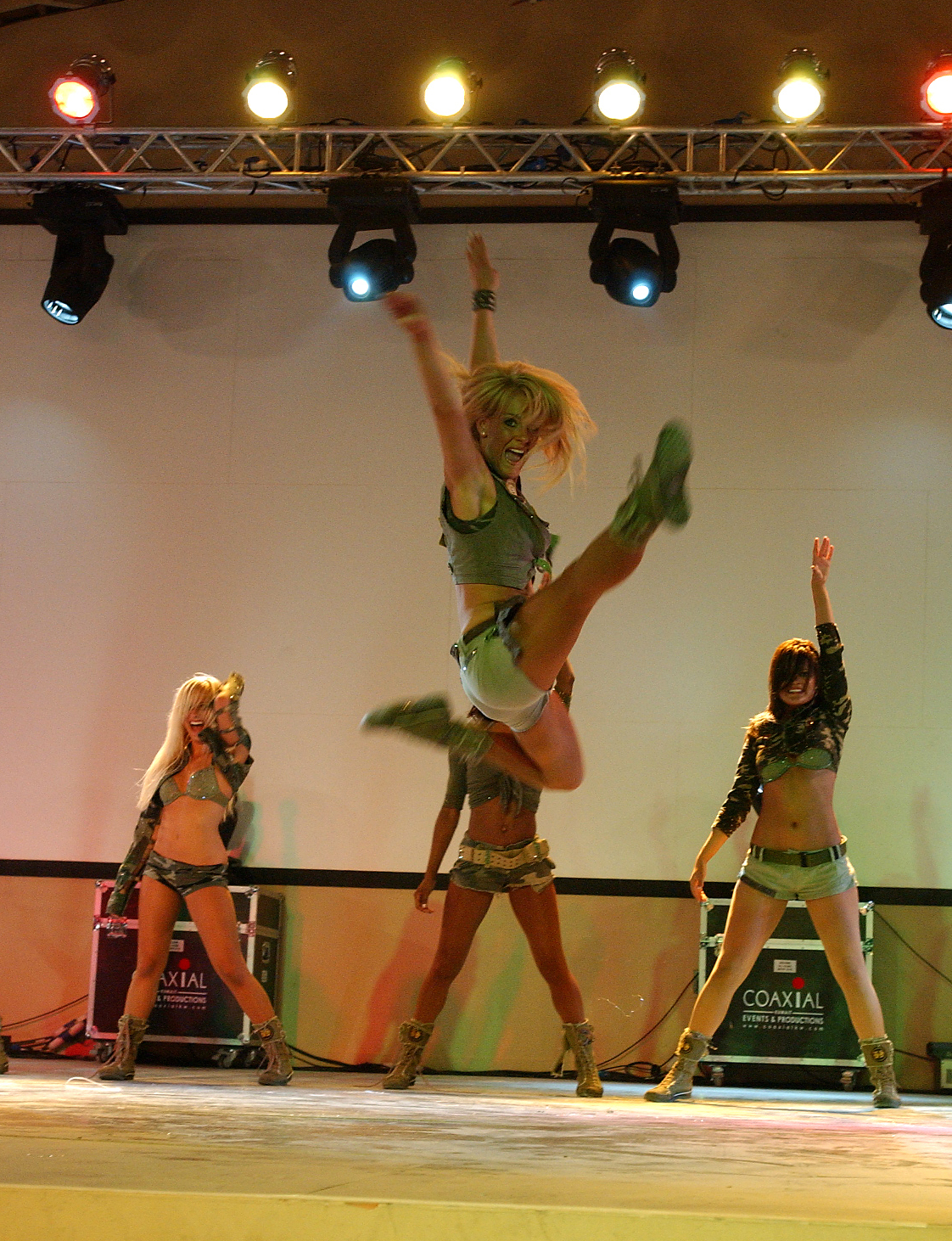On May 31st, it was reported that Defense Secretary Lloyd Austin and Chairman of the Joint Chiefs of Staff, Gen. Mark Milley stepped in to stop a drag show at Nellis Air Force Base in Nevada scheduled for June 1st, in celebration of Pride Month. Drag shows and events on military bases have become increasingly politicized, stemming from the moral panic that drag may be harmful due to the perception that it is sexual in nature. These events on military bases are often sponsored by private groups and do not utilize federal funding.
Drag performances have long been a part of military history, tracing back to WWI and WWII. On and off military bases, drag performances raised millions of dollars for the Army Emergency Relief Fund. During WWII, all-male theater performances were produced with soldiers dressing in drag to impersonate women. The Army Special Services produced, published, and distributed “Blueprint Specials,” containing everything needed to host an approved and pre-scripted soldier show. Female soldiers were recruited to hold drag workshops for male soldiers with lessons in makeup and how to wear female clothing. In fact, Latino WWII veteran, “Empress” Jose Julio Sarria, was the most famous drag queen in San Francisco and became the first openly gay candidate to run for public office.
Modern Military Association of America is deeply troubled by this ban on drag shows and story hours. We are concerned that censorship of LGBTQ-friendly events sends the message to LGBTQ+ members of the armed forces that wearing their preferred clothing or acting in a manner different from the gender assigned to them at birth is unacceptable. With anti-drag bills being introduced in at least 14 states and passed in Tennessee, LGBTQ+ service members and their families may face risks in the states they are stationed by no choice of their own.
Currently there are 79,000+ Lesbian, Gay, and Bisexual persons and 15,500+ Transgender persons actively serving in the military and more than a million LGBT veterans. Ensuring our ranks reflect the diversity of the American people is essential to morale and cohesion. It affects recruiting and retention of service members who do not feel welcome due to their sexual and gender identities.


